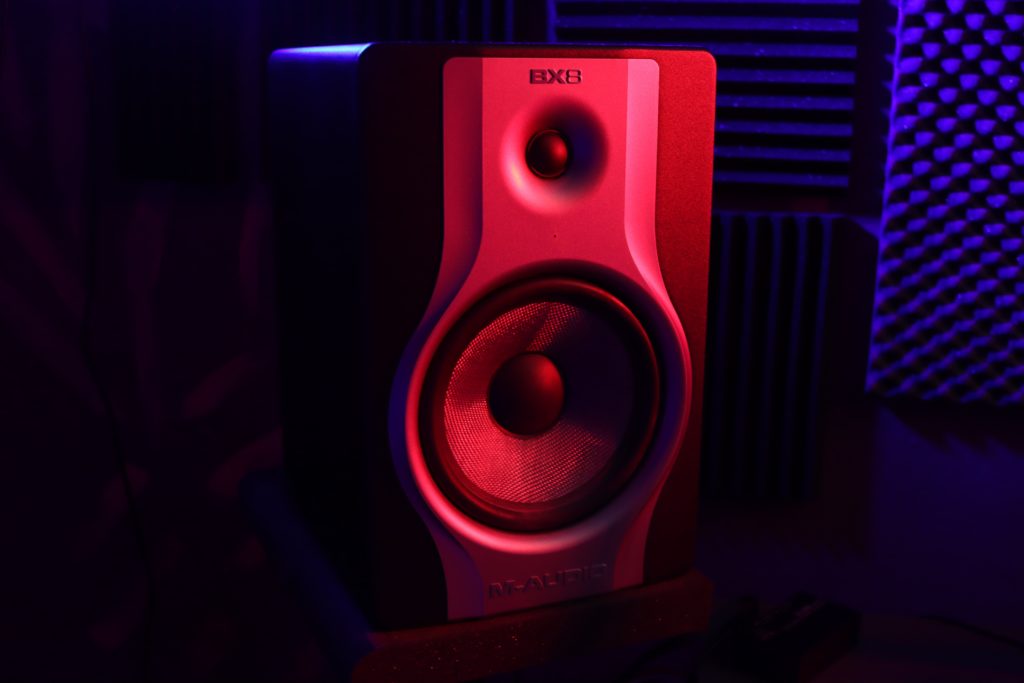Music production is a complex process involving a lot of knowledge in music theory, software, and other elements. While it might seem overwhelming initially, it is essential to remember you just need to learn each portion one step at a time.
Keep in mind these six steps to help you learn how to produce music quickly:
- Find out what you are least familiar with
- Watch tutorials on these topics
- Start working with other producers
- Study any and everything you can
- Constantly be producing music
- Find a music production school for you
Whether you are just starting in your music production journey or are a well-equipped producer, there is always room to grow and improve your craft. Below, we have compiled lists of creative essentials that every music producer needs to become the best version of themselves and excel in the art of music making.
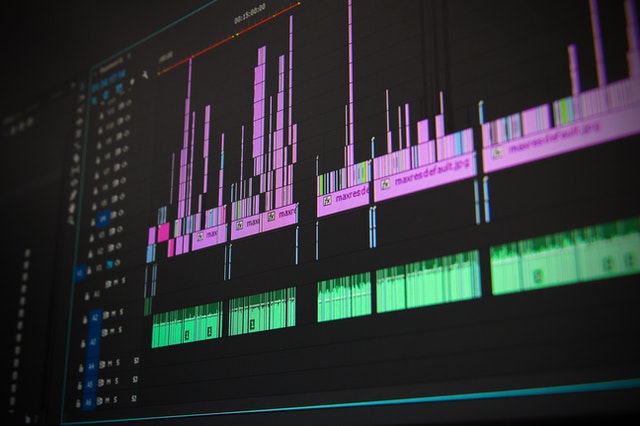
Basic Principles of Music Production
The language of music and music production rely solely on the understanding of basic principles. The basic principles of music production include music theory, arrangement, and mixing.
Music Theory
Contrary to popular belief, music theory is, in fact, a substantial portion of electronic music production. Music theory is a very complex subject that requires several different practices, disciplines, and concepts.
The primary fundamentals of music theory include harmony, melody, and rhythm.
Harmony
Harmony happens when multiple notes, or voices, play together in a complementary sound.
Melody
A melody involves a succession of notes or voices that arrange into a musical phrase. The melody tends to be the part of a song that people remember and recognize the most.
Rhythm
Rhythm is another essential portion of music theory that has multiple meanings. It can refer to a recurring movement of notes in time or a pattern of strong and weak notes throughout one song.
Arrangement
As soon as you have a basic understanding of music theory, you can move onto the next music production concept: arrangement. Also known as structure, arrangement turns shorter musical runs into full-length songs.
Today, there are courses explicitly designed around basic concepts of structure and arrangement in music production. You can find these classes both online and in person.
You can follow these five simple steps to help with your arrangement in your production:
- Spectrum analyzers show you what takes up the most space in your mix
- Sample pieces of the world around you
- Use loops in creative ways
- Try ambiance for filling blank spaces
- Take an element you like, and duplicate it
Mixing
The last and final element of basic music theory is having a thorough understanding of mixing. Similar to structure and arrangement, you can find courses to help you master the art of mixing. Audio mixing takes your recorded tracks and blends them all to create your song.
There are different blending techniques used in mixing, including EQ, compression, and reverb.
EQ
Equalization, often shortened as EQ, changes the balance of different frequency components within an audio sound with which you are working. EQ helps you to manipulate the various frequencies within your mixes.
Compression
Music compression reduces the dynamic range, which is the difference between the loud and quiet parts of a signal.
Reverb
Reverberation, often shortened as reverb, is the natural result of the soundwaves interacting with surfaces.

Best Music Production YouTube Channels
YouTube can be a great learning tool for any music producer. You can follow these three popular production channels to learn all the latest tips and tricks of the industry.
1. Produce Like A Pro
Multi-platinum music producer, Warren Huart, shares his expertise in the studio in his YouTube channel, Produce Like A Pro. This channel is excellent for learning production and mixing tips, and you’re getting it all from one of the best in the industry. Warren also posts videos that show video tours of his studio and interviews with other famous producers to mix up the content.
2. The Recording Revolution
Famous musician, Graham Cochrane, produces quality content on his YouTube channel, The Recording Revolution. One of his channel’s great messages is that he can explain to watchers that you don’t need to purchase all of the expensive equipment to be the best producer.
3. Future Music Magazine
Future Music Magazine has brought their knowledge to their YouTube channel, teaching people worldwide about music production tips and tricks. They offer additional features within the channel, The Track and In the Studio, where music producers break down their tracks in precise detail.

Best Music Production Courses
In addition to YouTube channels, you can also seek out music production learning through online courses.
1. Noiselab: Electronic Music Production Level 1-3
While Noiselab is relatively new to the online music production course world, their mission to be the world’s best Ableton Live course proves that they will rise as an industry leader in no time at all. Their online tutorials are known for being the most comprehensive available out there.
2. Point Blank: Electronic Music Composition
Point Blank is and has been an industry leader for years now. Graduates of their courses include some big names such as; Goldie, Claude VonStroke, and more. Although this course is on the costlier side, know that it is well worth it if you are very serious about building a career out of music production.
3. Deadmau5: Electronic Music Production Masterclass
Deadmau5 is practically a household name when it comes to electronic music production. Through this Masterclass, you can watch a leading artist walk you through his creative process step by step.
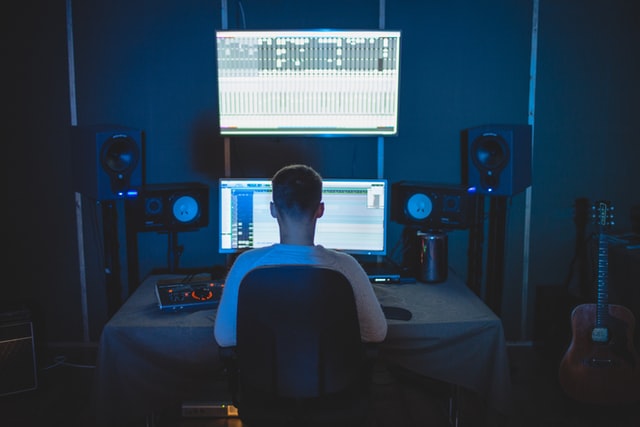
Best Music Production Tutorials
If you are looking for a more introductory step into the world of music production, online tutorials are an excellent place for you to start.
1. Producertech: EQ Fundamentals
As previously mentioned, EQ is one of the basic principles of music production, so a great place to start in terms of tutorials is with EQ. Brought to you by Producertech, industry leader Rob Jones goes through EQ fundamentals and the different variety of instruments you can use to create your ultimate mix.
2. FL Studio Synthesis Master Class
If you are looking to master your sound design within FL Studio, look at the Synthesis Master Class they have to offer. SeamlessR, or Stephen O’Leary, teaches a twenty-three part master class clearly explaining how to synthesize from scratch using just the provided plugins.
3. Producertech: Complete Guide to Compression
Producertech has another great tutorial, which is the Complete Guide to Compression. This lesson primarily uses Ableton Live but is easily transferable to other compressor options. The compressor can be one of the best tools in any music producer’s arsenal.

Best Music Production Books
As a producer, you are spending countless hours staring at a screen. It is nice to mix up your learning materials with books as well.
1. Mixing with Impact
Senior Audio Engineer Al Isler highly recommends the book Mixing with Impact. Throughout the book, author Wessel Oltheten clearly explains the practical aspects of mixing while combining his expert advice from the industry.
2. The Mixing Engineer’s Handbook (4th Edition)
The Mixing Engineer’s Handbook is one of three different music production books covering topics such as Recording, Mixing, and Mastering. In this novel, you will receive an in-depth guide to the industry’s modern best practices with a blend of techniques that have withstood the test of time.
3. Mastering Audio: The Art and the Science (2nd Edition)
In Mastering Audio: The Art and the Science, you can start your formal education in audio engineering. Although the book can be a bit dense, you can rest assured every little detail about mixing can be found in this book.

Best Music Production Blogs
Another great way to stay in the know of industry fads is by keeping up with music production blogs. While there is an endless number of blogs out there, here are a few of the best.
1. Attack Magazine
Attack Magazine has valuable content written in an inspiring way. Following this blog is sure to bring you new ideas while also showing you a more analytical approach to music production. On the Attack Magazine blog, you will find everything from multi-page interviews to in-depth music dissections.
2. The Recording Revolution
The Recording Revolution blog is not specifically aimed towards the electronic genre but is known as one of the best audio engineering blogs. Graham Cochrane’s blog has practical tips and advice in various forms, including videos and blog posts.
3. Music Radar
The popular magazine, Computer Music, works in a tie with the Music Radar blog. This blog offers more short and concise material compared to the other two, great for producers with a little more experience looking to take a concept and experiment later.
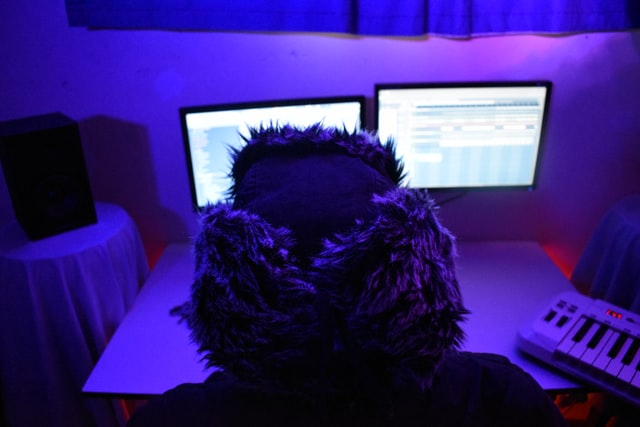
Best Music Production Forums
Music production forums, much like blogs, are another great place to stay up to date on all the latest information for audio engineering.
1. Homerecording.com
If you are a producer interested in recording and mixing your music in your home project studio, the forum by homerecording.com is a great place to do your reading. With over 85,000 members, you can find information on all different informational sub forums including:
- Equipment
- Band
- General discussions
- Special
2. Soundonsound.com
Sound-on-Sound is a well-known music technology magazine that has turned its information into a forum format. Their format has over 74,000 members with sub-sections including:
- Newbies
- Music recording technology
- Mac music
- Linux music
3. Kvraudio.com
KVR has a forum that revolves around music production software, including questions surrounding VST plugins, DirectX plugins, and Audio Units plugins. The KVR audio forum is continuously updating information about nearly any plugin imaginable and has over 164,000 members. Some of the subsections on the KVR audio forum include:
- Getting started
- Instruments
- Effects
- Music theory
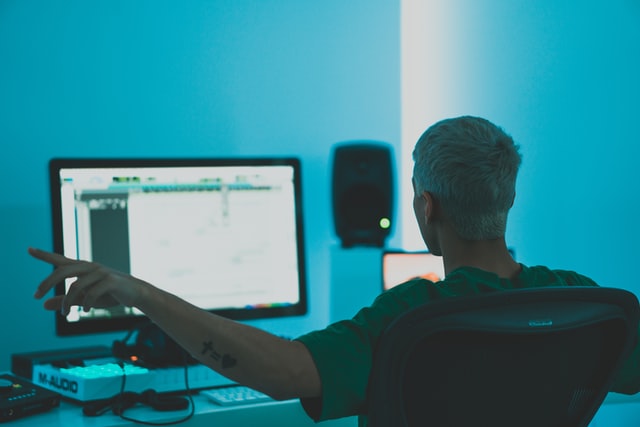
Best Music Production Podcasts
Maybe you prefer to do your learning through podcasts. Not to worry, there are tons of great music production podcasts out there for you to listen to in your downtime.
1. Appetite For Production
Tim Cant and James Russell are two well-known music producers who put together a blog known as Appetite For Production. Their podcast talks about the latest news about different music production hardware, software, plugins, and libraries out there.
2. Song Exploder
In Song Exploder, different artists come together to thoroughly dissect their tracks and put them back together in one piece. In each podcast, they discuss the inspiration behind the song and during the process of creating it.
3. Why We Bleep
Mylar Melodies is a famous YouTuber and expert in synthesis and production, who releases a monthly blog, Why We Bleep. Mylar’s drive comes from the desire to be ever growing as a music producer through gaining a better understanding of the music industry as a whole.
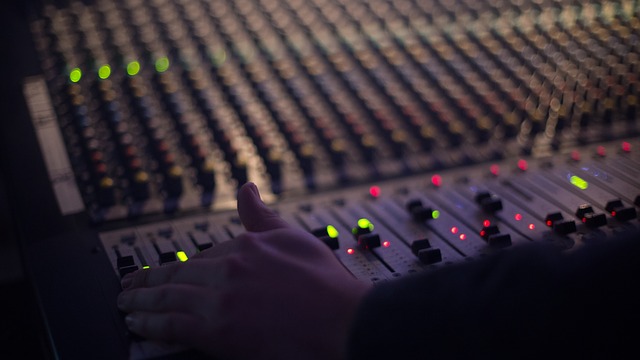
Best Music Production Schools
Remember that in today’s world of technology, music production schools are not only in-class learning but also online. Here are the best schools you can find today offering a music production degree.
1. Icon Collective
Icon Collective offers in-person learning based out of Los Angeles, California. This one-year complete program provides courses in electronic music production that focuses specifically on your development as an individual artist.
2. Pyramid
Pyramid offers another in-person learning program. It’s based out of San Francisco, California, and the course is only six months long. During your time in the Pyramid program, you have direct access to four different studio rooms where you can work with some of the line gear’s tops.
3. Hyperbits Masterclass
If you are looking for an online option, Hyerbits has an eight-week long Masterclass that allows you to choose one year of live classes and office hours. This class is suited for intermediate to advanced level producers looking to step up their game in the studio.
Conclusion
The best of the best in the world of audio engineering share one common mentality: they never stop learning about the industry. It is vital to have various learning outlets available to you to continue your path through growth and development. Through this list, you are sure to find a medium that suits your lifestyle and continually grow through your production.



